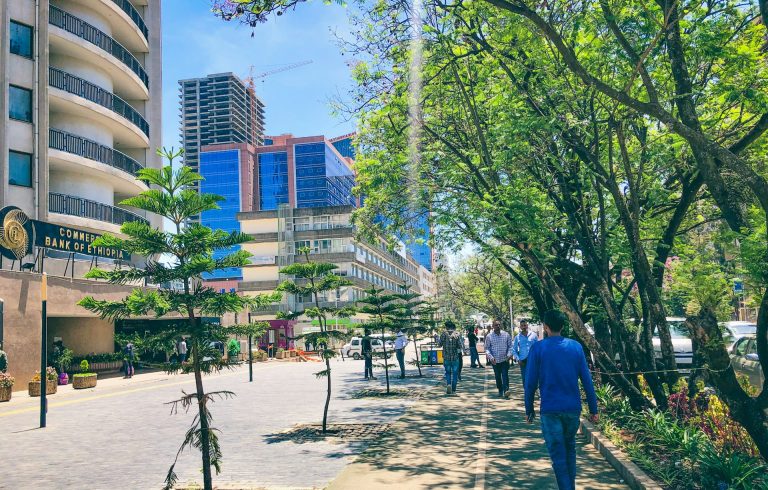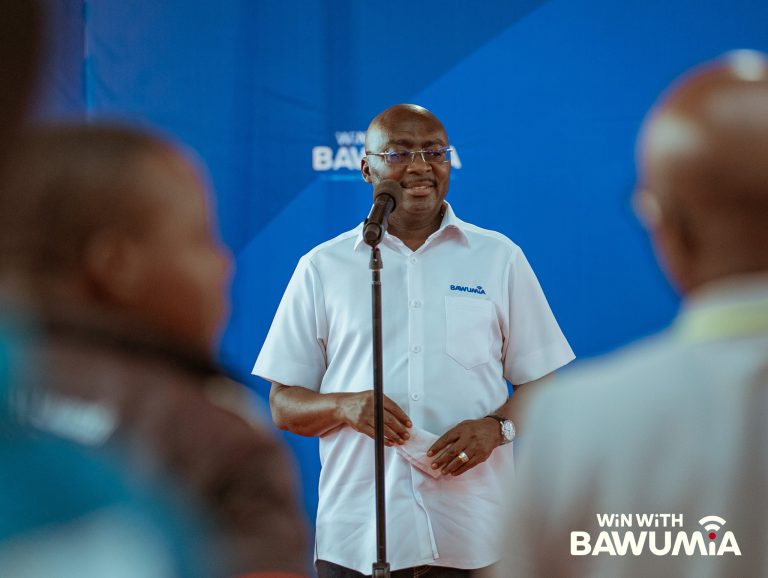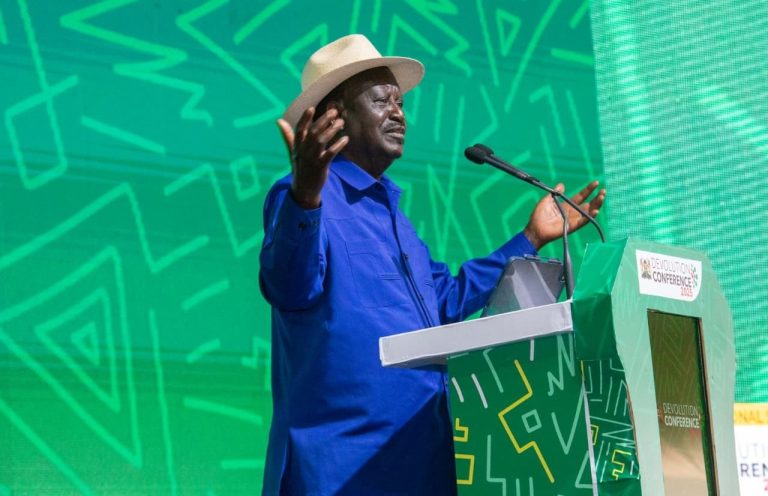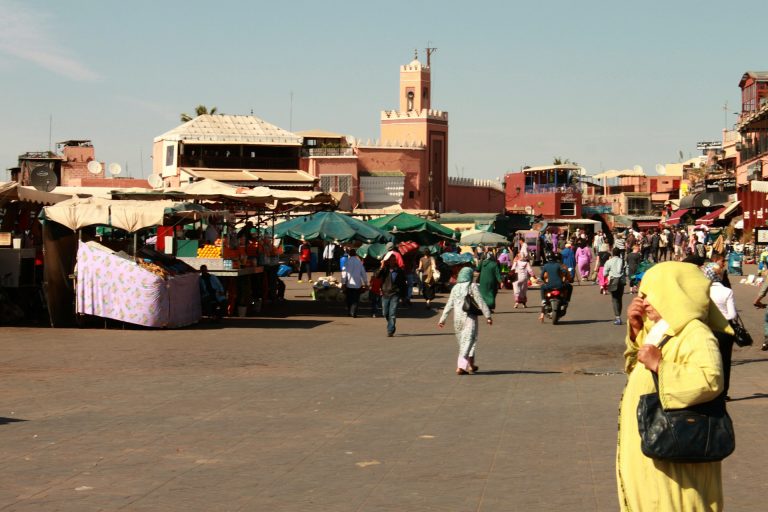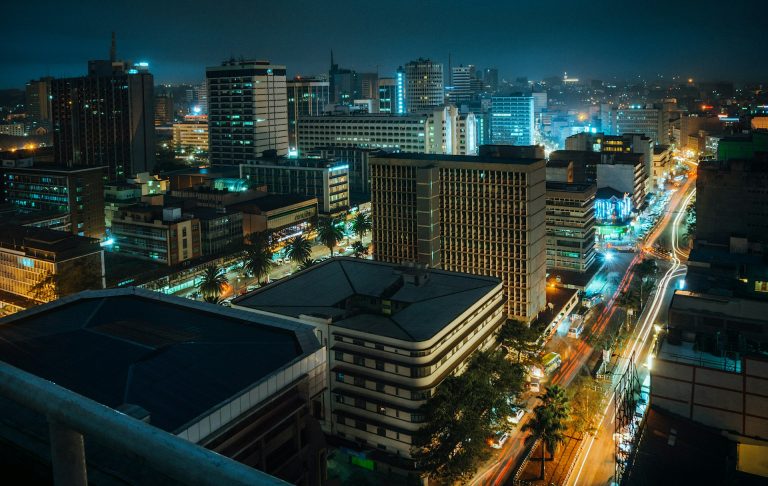Featuring expert insight from Paul Melly, Consulting Fellow, Africa Programme, at Chatham House.
Across trading desks from Nairobi to New York, screen‑lit terminals track Gabon’s 2029 Eurobond yield as it hovers just below 13 percent. That level stands in stark contrast to the upheaval of August 2023, when a faction of the Republican Guard abruptly ended nearly five decades of Bongo‑family rule.
Barely two months ago, those same screens registered the rollover of a $520 million bond sale priced to yield 12.7 percent. Now, with last week’s election confirming General Brice Oligui Nguema as president, investors are asking the hardest question of all: can the man who answered a public outcry with a gun‑barrel intervention deliver the discipline that frontier‑market returns demand?
Paul Melly of Chatham House says the logic of the coup was never about perpetuating military rule. “This was really a case that the Bongo family dynasty had pushed beyond people’s tolerance,” he says, capturing the public frustration that ignited the uprising. For Melly, the intervention was a corrective shock. “It wasn’t about military rule; it was about the military overthrowing the old regime, providing the mechanism for a transition.”
Within days of seizing power, junta leaders invited senior civil servants and opposition figures into a provisional cabinet, setting a two‑year clock on a full return to civilian order. Then came a national dialogue; a new constitution banning dynastic succession; and a genuinely contested, if one‑sided, presidential vote. Melly notes that in fewer than two years, “they’ve done necessary, essential political and institutional building for the transition.”
Political reset on fast‑forward
With last week’s April 12 vote, civilian rule has now been formally restored. Nguema’s rapid consolidation has been as much about co‑option as coercion. The Rassemblement des Bâtisseurs coalition blends veteran technocrats with fresh faces, diluting hard‑line elements in favour of a broadly inclusive power bloc. Envoys criss‑crossed to Paris, Abuja and Beijing to reassure Gabon’s traditional partners that the promise of a civilian constitutional government—set out after the August 2023 coup—has been fulfilled.
In Paris, officials signed off on plans to transform Camp de Gaulle—once the emblem of France’s military dominance—into a joint training centre for Gabonese, and French and personnel. It is a signal, Melly says, that Libreville will neither reignite colonial rows nor abandon Beijing’s deep‑pocketed infrastructure deals: “They’ll maintain good relations with France and avoid picking fights with China.”
Yet legitimacy in the town halls and constituencies that will vote later this year remains far from assured. With parliamentary and local polls looming, the administration faces the twin perils of under‑delivery and fiscal overstretch. Melly warns that “the real test will be delivering tangible improvements for rural communities and the informal economy.”
Debt discipline vs delivery demands
On the budget front, the treasury has walked a tightrope between stimulus and solvency. In the immediate aftermath of the coup, officials tapped the CFA‑franc regional market for €150 million to kick‑start public works—from highway repairs in Lambaréné to water‑pump installations in remote villages. Then, in February, they returned to global investors, rolling over a 2029 Eurobond originally maturing this summer. “Debt management has been level‑headed and sensible,” Melly says, “using new Eurobond proceeds to pay off maturing debt.” A small allocation also cleared arrears owed to the World Bank, a discreet but vital reassurance to multilateral lenders.
Still, campaign‑season outlays threaten to strain those gains. Generous salary bumps for civil servants, expanded welfare cash transfers or a hasty infrastructure spree could nudge budget deficits higher—and push bond yields higher. Traders will be watching roll‑call votes in the National Assembly to see if Nguema’s Rassemblement coalition can secure a decisive majority without resorting to ad‑hoc patronage.
Outside the corridors of power, Gabon’s resource endowment offers both upside and risk. “Gabon has the second‑largest manganese reserve in the world,” Melly reminds us, pointing to a sector where exploration firms are already mapping deposits hidden beneath the rainforest canopy. Oil, which still underpins more than two‑thirds of export revenues, remains a cash‑cow even as the government pioneer’s debt‑for‑nature swaps to preserve carbon‑rich woodlands in exchange for budget relief.
Forestry companies have pivoted from raw‑log exports to higher‑value veneers and bio‑energy feedstocks, while nascent ecotourism ventures eye the planned rail upgrade that could carry safari‑bound travellers through the jungle.
Hard-won stability endurance
Yet headline GDP per head of roughly $8,000 masks glaring service‑delivery gaps. Libreville’s residents endure rolling power cuts and intermittent water‑truck deliveries; rural clinics operate with skeleton staffing; primary schools still lack basic infrastructure. Unless Nguema can convert bond‑market breathing room into functioning health posts, repaired boreholes and feeder‑road paving, investors may balk at paying a premium for Gabonese debt.
For Africa’s bond‑market watchers, Gabon’s managed reset offers a high‑stakes case study. Can a coup‑leader‑turned‑president consolidate civilian legitimacy without slipping into prolonged emergency powers? Will prudent debt rollovers translate into classrooms and clinics rather than balance‑sheet line items? And can a nation of just 2.5 million reconcile its climate‑finance ambitions with the imperative to develop oil, manganese and agriculture?
Last week’s vote offered a provisional yes—but only on a tight mandate. As Oligui Nguema takes up the trappings of the presidency, he inherits the full weight of promise and expectation. In the coming months, Gabon’s ability to thread the fiscal‑rigour needle—between global capital markets and forest‑dwelling communities, between disciplined budgets and visible social gains—will determine whether its hard‑won stability endures or gives way to another turn of the revolving‑door of power.




